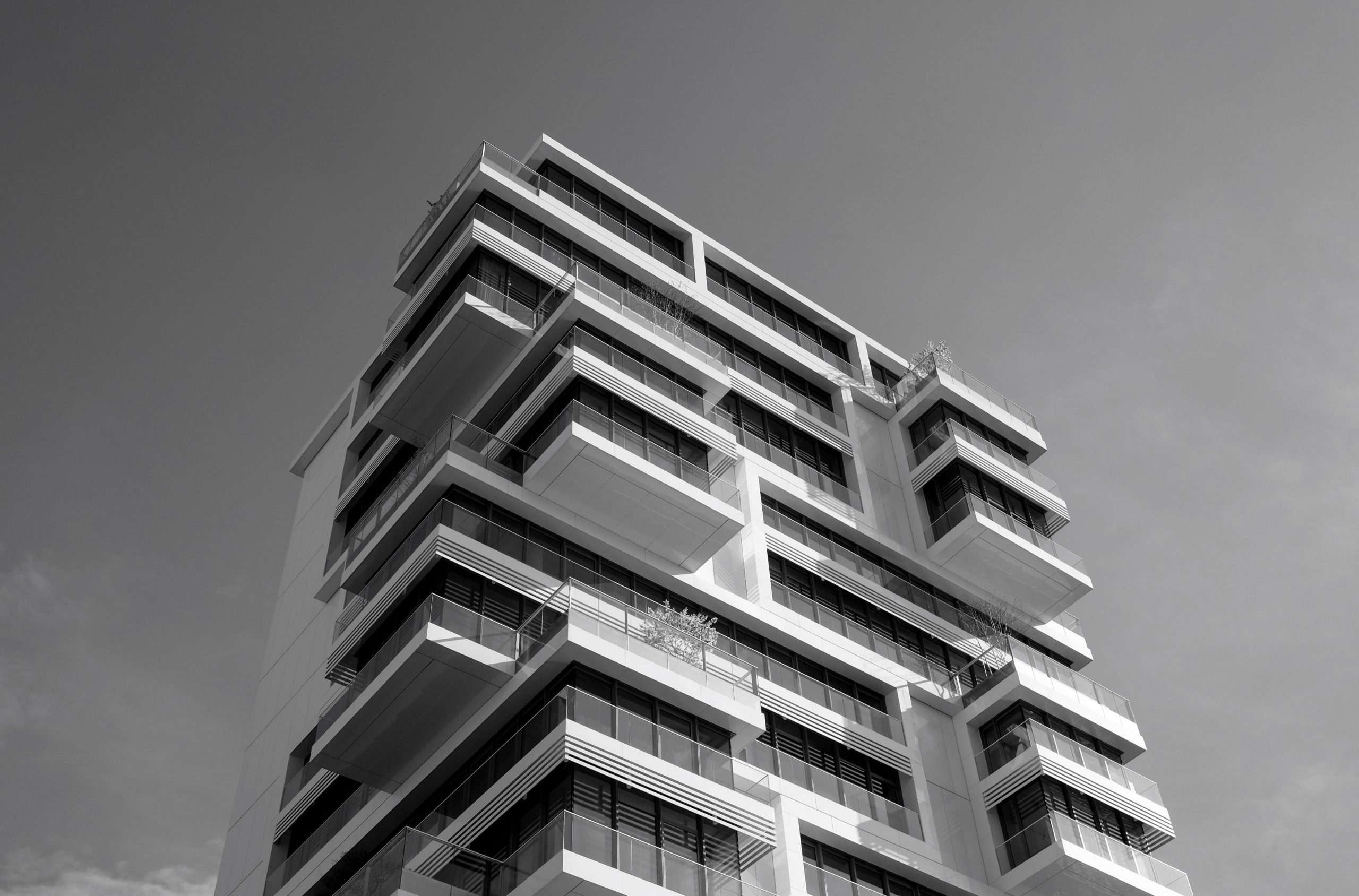I am often asked by investors to articulate my ‘philosophy’ of real estate investing. Tough question. My ideal deal is one where it is possible to buy brick and mortar assets at 60–70% of replacement cost. This usually occurs in the aftermath of a banking crisis or economic shock. This was the case in Florida homes in 2009 or Spanish office space in 2010. Another strategy is to ‘buy, fix and sell’. This was my rationale for East Kent homes as a proxy for King’s Cross, the biggest retail and office development complex in Britain since Canary Wharf and the Docklands in the Thatcher era. Now that towns like Ashford and Folkestone are linked to Kings Cross St. Pancreas by high speed link, rents will rise, bank mortgages will rise, commuter traffic and capital values will rise in East Kent.
I believe the private and public property markets are rarely perfectly correlated, offering exceptional, if rare, opportunities for arbitrage in debt instruments or securitised property. Anybody who des not have a diversified portfolio of real estate investment trusts (REITs) is denying themselves the potential to make money in some of the world’s hottest real estate sectors and themes, easily accessed via an interactive brokers or e-Trade electronic brokerage account. For instance, I had profiled Prologis as the ideal New York REIT to benefit from the industrial boom. Prologis was up 28% in 2017. As I assure my parents, both avid property investors, if you think Wharton is expensive, try ignorance! The US desperately needs to build at least 50 million square feet of extra industrial space every year, thanks to the Amazonisation of the world. Even the US Air Force is leasing its vast spaces in Nevada to build mega 1 million square feet distribution and logistics centres. This is a 20% per annum growth opportunity for at least the next three years. Timing and the right entry price are everything in real estate investing, as is real time market intelligence. I avoid brokers and mortgage bankers like the plague, just as I do Third World guys who offer to sell me a BMW 7 series for 50,000 dirhams, quick quick Sahib!
As a partner in Asas Capital, I am proud to have raised the equity capital for a 630 room Park Regis four star hotel that will provide some of the Gulf’s most intelligent (they trusted me and their trust is sacred) investors a 15% cash dividend in US dollars and a potential 200% return on initial capital on the project’s eventual flotation or trade sale. Saudi Arabia wants 5 million extra Umra pilgrims by 2020 but Makkah has barely 12,000 branded four star hotel rooms. This was the macro opportunity of a lifetime and my partners at Asas Capital began work on this project in 2014, when oil was $114 and religious tourism assets dirt cheap.
I absolutely abhor speculative real estate investments or ‘buy to let’ in markets where a developer can arbitrarily raise service fees at will even when rents fall 20–30%. So an AED 2.5 million, 1000 square foot one-bedroom flat rents in the Burj Khalifa for AED 120,000 but service fees are AED 72,000. A 2% net rental yield makes no sense as if I wanted a bank deposit, I would get one.
Demographics and the credit cycle play a crucial role in property investing. So the exodus of executives due to job losses in banking, property, aviation, construction, retail etc makes luxury a non no for us in Dubai. The only villas that are selling now are owner occupiers in the 2 to 3 million AED range. Villas in the 5 million plus range will have to take a 40% hit to capital. There is a glut of luxury apartments, high end office spare (a Mazaya building sold for 400 AED a square foot, just above construction cost. That is where I see eventual market equilibrium). Investors in British schools, especially if inspired by 120,000 AED a year pseudo-British public schools, will haemorrhage cash as companies slash education subsidies. Note the many high end schools who violate KHDA rules against discounts by offering “founder fees” or two siblings for one packages. When hotel revPARs fall by double digits, I have only one piece of advice for investors – get out!
I expect the current trend of falling rents to accelerate in 2018 and even 2019. If rents fall by another 20%, many segments of the property micro-markets become affordable again, a huge ballast for Dubai’s trade/services economy.







